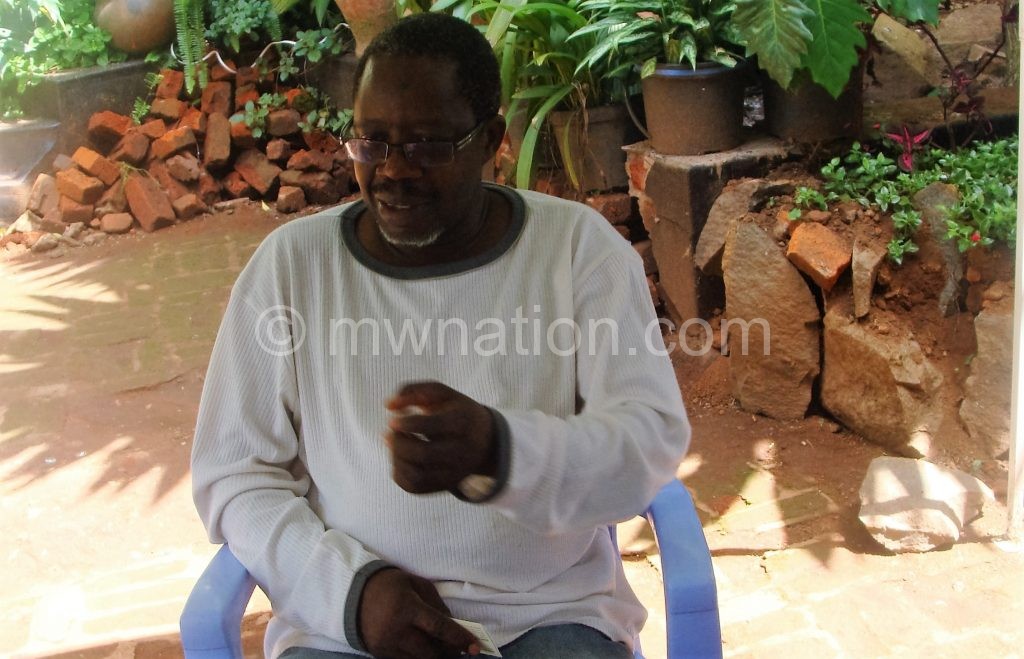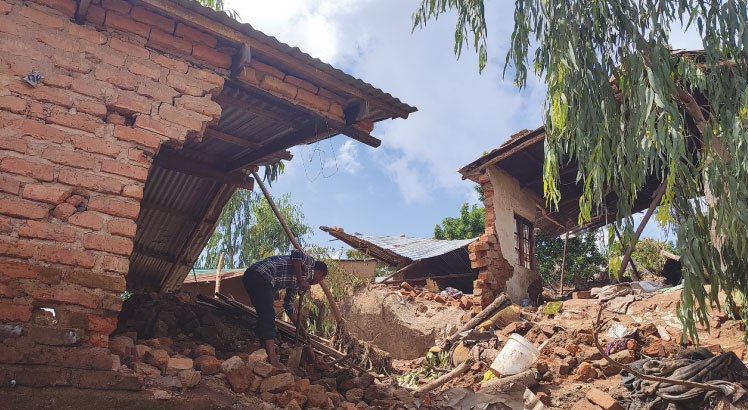Govt slow on Afri100 drive
The country is racing against time to allocate degraded land for recovery having endorsed the African Forest Landscape Restoration Initiative (Afri100) last year.
Through the pan-African initiative, countries committed to reclaim 100 million hectares of degraded and deforested landscapes by 2030.

However, Capital Hill is dillydallying to disclose the land under the targets signed by Minister of Natural Resources, Energy and Mining Bright Msaka.
The Afri100 partners have earmarked almost $1 billion (about K728 billion) in development finance and more than $540 million (around K393 billion) in private-sector investment to support the effort.
The movement to overcome effects of climate change, which has been backed by the Afican Union, was a highlight of the Global Landscapes Forum during the Conference of Parties (COP21) in Paris.
Director of forestry Clement Chilima confirmed that government has not yet declared the number of hectares up for restoration though nearly seven million hectares have been degraded and deforested in the country.
“We are still consulting district councils to map and establish the land expected to be part of the initiative,” he said.
The official made the revelation last week at a workshop on the National Landscape Restoration Assessment in Lilongwe.
So far, 10 countries have agreed to join AFR100, committing about 31.7 million hectares for reforestation.
They include Ethiopia, Democratic Republic of the Congo (DRC), Kenya, Niger, Uganda, Burundi and Rwanda. These countries have committed an area larger than Zimbabwe or Germany.
Cameroon, Liberia, Madagascar, Congo-Brazzaville and Togo have also expressed political will to join in.
Conservationists envisage the Afri100 initiative reducing desertification as well as improving soil fertility, water resources and food security on the continent.
It will also increase biodiversity and the capacity for climate change resilience and mitigation.
The goal, which builds on existing climate pledges by world leaders, provides an engine for economic growth and improved livelihoods, especially for women and other vulnerable groups.
It complements the Bonn Challenge of 2011 which targets to restore 150 million hectares globally by 2020.
Besides, the New York Declaration on Forests extends the goal to 350 million hectares by 2030 while the African Resilient Landscapes Initiative (ARLI) promotes integrated land management to beat effects of climate change.
The UN reports that the world has lost woodlands the size of South Africa since 1990.
Malawians need to cut back on deforestation as the Department of Forestry estimates that the country loses almost three trees in every 100 every year, one of the worst deforestation rates in the world.
This has left poor households grappling with chronic food shortage due to breached soil fertility and harsh effects of climate change.
Presently, almost 6.5 million Malawians are faced by a deepening food crisis due to prolonged dry spells that have reportedly halved the national maize yield.





